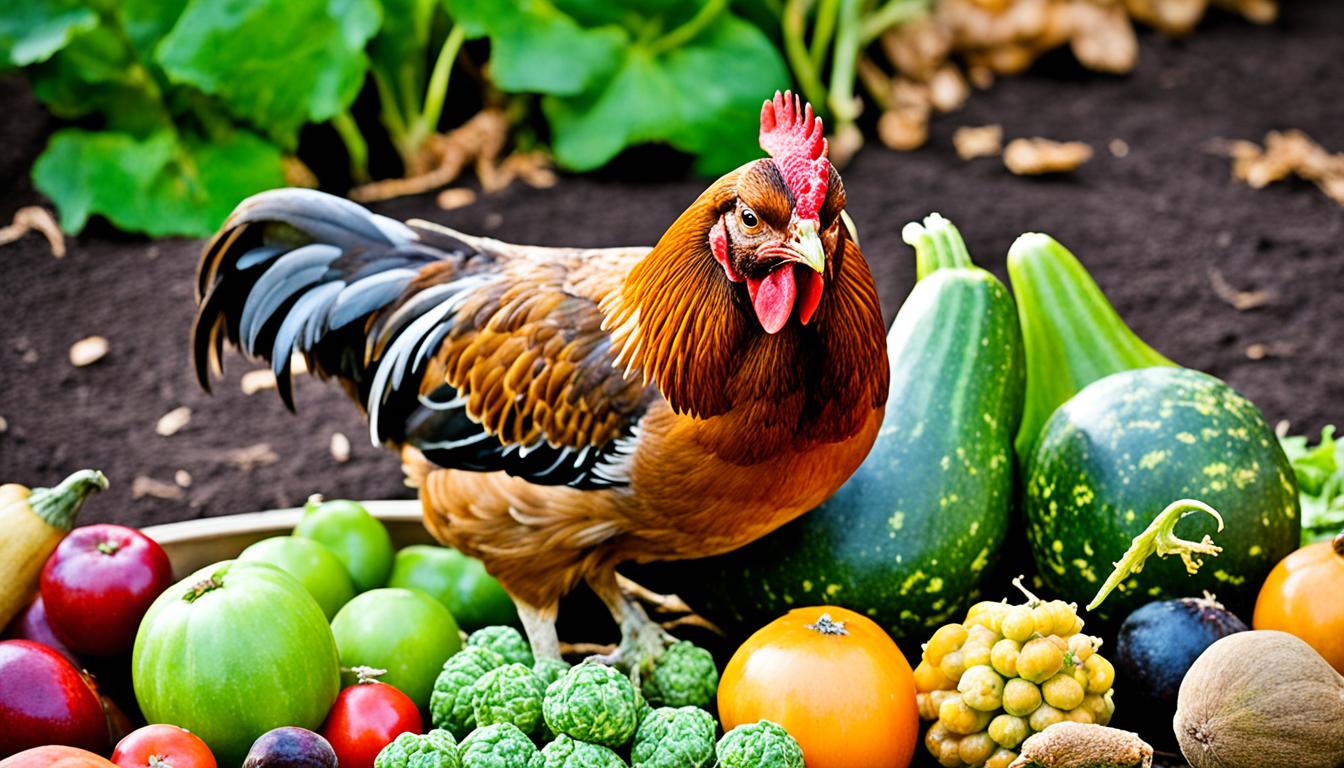To start your backyard flock, first build a secure, predator-proof coop with durable materials and a lockable door. Keep your hens safe by installing fencing and covering open-air areas with netting. Provide quality feed, fresh greens, and clean water for healthy hens. Maintain cleanliness to prevent disease and repair any vulnerabilities promptly. With these basics, your flock will thrive, and there’s much more to discover as you continue caring for your chickens.
Key Takeaways
- Select durable, predator-resistant coop with secure doors and underground fencing to protect your flock.
- Provide balanced commercial feed, fresh greens, and constant clean water for optimal health.
- Incorporate predator-proof fencing, netting, and vigilant maintenance to ensure safety.
- Keep the environment clean and debris-free to prevent disease and encourage healthy growth.
- Regularly monitor chickens’ health and environment to promote productivity and well-being.

Have you ever considered raising chickens in your own backyard? It’s a rewarding experience that provides fresh eggs, natural pest control, and a fun connection to farm life. But before you plunge in, it’s important to understand how to keep your flock safe and healthy. One of the first steps is setting up a secure coop. Predators like raccoons, foxes, and even neighborhood dogs can quickly become a threat if your coop isn’t properly protected. You’ll want a sturdy structure made of durable materials, with a lockable door and a secure run to prevent any sneaky predators from accessing your chickens. Burying fencing underground or adding hardware cloth around the perimeter can help keep burrowing animals out, ensuring your flock stays safe day and night.
Once your coop is predator-proof, focus on chicken nutrition. Providing a balanced diet is key to healthy, productive hens. Commercial chicken feed designed for laying hens supplies essential nutrients, but it’s also beneficial to supplement with fresh greens, vegetable scraps, and occasional grains. Fresh water should always be available, as hydration directly impacts egg production and overall health. Avoid giving chickens processed foods or anything salty, sugary, or moldy, as these can lead to health issues. Ensuring a proper diet not only boosts egg quality but also strengthens your chickens’ immune systems, reducing their susceptibility to diseases. Proper nutrition is fundamental for maintaining a resilient flock and preventing health problems. Incorporating AI-driven health monitoring tools can help you detect early signs of illness and respond promptly.
A balanced diet with fresh greens and clean water keeps your hens healthy and productive.
Managing coop predators involves more than just sturdy fencing. Regularly inspect your coop for any weak spots or potential entry points and repair them immediately. Keep the area clean, as clutter or debris can attract pests that might threaten your flock. Installing motion-activated lights or cameras can also serve as deterrents for prowling predators, giving you peace of mind, especially at night. Covering open-air run areas with netting or shade cloth can prevent aerial attacks from hawks or owls, adding another layer of security. Additionally, choosing predator-resistant fencing materials can significantly reduce the risk of breaches. Proper fencing techniques are crucial to minimize the chances of losing chickens unexpectedly.
In addition to protecting your chickens physically, paying attention to their nutrition fosters a healthier, more resilient flock. Healthy chickens lay better eggs and are less prone to illness, which means less worry and fewer vet trips. Creating a clean environment is essential, as it minimizes the risk of disease transmission. Combining predator-proofing strategies with good nutrition practices creates a safe, nourishing environment where your backyard chickens can thrive. With the right setup and attention, you’ll soon enjoy the many benefits of backyard poultry — fresh eggs, natural companionship, and the satisfaction of caring for your own little flock.
Frequently Asked Questions
What Are the Best Chicken Breeds for Beginners?
When choosing chicken breeds for beginners, you want friendly birds with good egg production. Look for breeds like Rhode Island Reds or Leghorns, which lay consistently and have calm chicken temperament. These breeds are hardy, easy to care for, and adapt well to various environments. Their friendly nature makes handling easier, and their reliable egg production guarantees you get fresh eggs regularly, making them ideal for first-time chicken keepers.
How Can I Prevent Predators From Attacking My Flock?
To prevent predators from attacking your flock, you should implement safety precautions and predator proofing strategies. Start by securing your coop with sturdy wiring and a solid roof, ensuring there are no gaps. Use hardware cloth instead of chicken wire for added strength. Keep the area well-lit at night and consider installing motion-activated lights or alarms. Regularly inspect fencing and coop for vulnerabilities, so your chickens stay safe from predators.
What Is the Average Lifespan of Backyard Chickens?
You might wonder about your chickens’ lifespan, which usually spans 5 to 8 years. Proper chicken nutrition supports their health, while a well-designed backyard coop keeps them safe and comfortable. Ensuring they get a balanced diet and protecting them from predators can extend their lives. Regular health checks and clean living conditions also help your flock thrive, so they’re happy and healthy for years to come.
How Do I Handle Chicken Health Emergencies?
When handling chicken health emergencies, stay calm and act quickly. Use emergency first aid to address injuries or sudden illnesses, and consider chicken vaccination to prevent future issues. Keep a well-stocked first aid kit nearby with supplies like antiseptic, bandages, and gloves. Monitor your chickens closely for symptoms, and if needed, consult a veterinarian for proper diagnosis and treatment. Acting promptly can save your chicken’s life.
Are There Local Regulations for Keeping Chickens?
Oh, the thrill of wondering if you can keep chickens without breaking any rules! You’ll want to check your local zoning laws and noise ordinances first—because nothing says “good neighbor” like a surprise rooster crow at dawn. Many areas have specific regulations, so it’s smart to verify what’s allowed before you start building coops or introducing your flock. Better safe than fined for a backyard mishap!
Conclusion
So, now you’re a proud chicken owner, ready to embrace those clucks and eggs. Just remember, all that fresh air and sunshine might turn your backyard into a tiny farm—minus the barn. Ironically, your new flock will keep you busy with daily care, yet somehow, they’ll become the highlight of your mornings. Who knew that a little coop and a lot of patience could turn your peaceful yard into a lively, feathered sanctuary?










